New York Times best-selling master storyteller Lisa Scottoline offers a sweeping epic of historical fiction fueled by shattering true events, a love triangle unfolding in the heart of Rome, all in the encroaching shadow of fascism. Scottoline joins us as a Guest Editor this month to share her personal book picks and take us deeper into her newest (33rd!) book, Eternal, which snagged a starred review from Library Journal, is an Indie Next Pick, and dubbed a “must-read” and “most anticipated” March book pick by Bustle and Good Morning America.
You write in the author’s note of Eternal that studying Primo Levi’s work in Philip Roth’s class at the University of Pennsylvania influenced your desire to research and write about the Italian Holocaust. What authors do you teach as a professor that you hope inspire your students in the same way?
I taught a class called Justice and Fiction at the University of Pennsylvania Law school, but many of the students were aspiring authors, and I wanted to encourage them. For that reason, my two favorites in my syllabus were William Shakespeare and Mario Puzo, author of The Godfather. I know that sounds like a crazy combination, but it isn’t, and that’s my point. Shakespeare dealt with themes of love, justice, and family in his plays, and all of them became classics—but nobody who aspires to write thinks she can become Shakespeare. Similarly, The Godfather is a story that deals with themes of love, justice, and family, and it became a classic story, and though it doesn’t get the reverence of Shakespeare, it certainly has a Shakespearian dimension. And that’s my message to aspiring writers, and why I want to encourage them; you may not be able to become William Shakespeare, but you can become Mario Puzo, and that’s pretty great!
Elisabetta hopes to be a novelist and is often told to write about family and love because these are themes “for women.” Your work usually contains these themes as well. Do you feel any pressure as a female author to defend these “soft themes” as more than just for women’s literature? Do you think the world has stopped seeing these topics as just something for women?
The question of how we gender novels that we write and read, as well as how they are positioned, marketed, and categorized in bookstores, libraries, and airports is fascinating. I have to tell you, I’ve written over 30 novels in about 30 years, and I feel as if I have been trying to puzzle out the answer to that question during my entire career. I started writing novels with female main characters because I felt that there simply weren’t enough, and modesty aside, I think I became known for strong women heroines. That was 30 years ago, and I still think there aren’t enough.
So, in answer to question, I never feel pressure to defend my themes, because one of the joys of this job is to create whatever you want and try to make a market for it, regardless of what anybody thinks. Sooner or later, the world is going to slowly figure out that there is no such thing as men’s books or women’s books, or soft themes or hard themes—and what will bring that about is more people writing, regardless of gender, color, or sexual orientation. That’s why I always I encourage people to write and help new authors whenever I can. The more voices we hear, the more open our mind becomes, and that is the magic of books.
Eternal is your first historical-fiction novel. Do you plan to explore any other time periods or historical events in the future?
Eternal is my first novel of historical fiction, and I’m absolutely going to do more. I already have an idea for the next one—which I haven’t shared with my editor yet, so I probably shouldn’t share with you, though I am presently bursting with it. It was wonderful for me to try to write in a different genre, since I never cop to the genre classifications anyway, but just try to write a really great story, and tell it well. Historical fiction poses some challenges, like with respect to research of the period, but all those were so cool and fun to read about and learn. Anytime you write any kind of novel, it presents a whole set of challenges that you have to flip your thinking about and understand how great it is to explore something you’ve always wanted to know about, like fascism in Italy leading up to World War II and how that affected the people who lived there. Why did some people buy in? Why did some people resist? And obviously these questions resonate throughout time and always will. I’ve always been writing about these themes, as I said above, like family, love, and justice, but I wanted to work on a bigger canvas and see what that was like. The answer is—it’s great, so I’m going to do it again and again as long as anybody will let me!
You often collaborate with your daughter when writing. How does this influence your process?
I’m a single mother and my daughter Francesca Serritella is my only child, so we have a wonderful relationship that’s really fun. We’re quarantined together now, and honestly there’s no one I would rather be with. And you’re right, we did write a series of humorous memoirs together, about our lives as women and also about mothers and daughters, since it’s such a primary relationship for so many of us, but not without its difficulties, even if they’re funny. We both felt that the positive aspects of the mother-daughter relationship could be written about more, since it’s foundational for so many women.
As my daughter likes to say, I’m her number one speed dial and she is mine. It’s really as simple as that.
It was fun to collaborate on the humorous memoirs, though we never wrote together, per se. She likes to say that we collaborate best across state lines, and there’s a lot of truth in that because as a parent of an adult child, you have to observe boundaries that don’t come easily, especially to Italian-American mothers, who cling like lint. But I’ve been proud that Francesca has just published her debut novel Ghosts of Harvard, which is terrific! And though I read a draft of it, she didn’t ask for my edits, and I didn’t think it needed any editing! She’s a super talented writer, an amazing girl, and she has been since the day she was born.
The pandemic has caused many to rekindle, or discover, a love of reading in order to cope with less socialization. What books or authors have you been reading recently to transport you outside of your physical reality and into the magic of the written word?
I do find that I’m reading more during the pandemic, but I’ve always loved reading. Obviously, I’m online as much as anybody else, and I waste hours doom-scrolling and watching videos of otters swimming and baby elephants trying to stand up. But reading is the thing that centers me, calms me down, and focuses me. I wish we thought of reading as more like self-care. We can convince people to get on an exercise bicycle for 20 minutes, but we can’t convince them to read for 20 minutes, and I think that reading is equally beneficial if not more so.
And I’m not reading any differently than I ever did before, because you can lose yourself in any well-written book, and I’m loving so many authors these days. I’m on a historical fiction tear because of Eternal, and I’m loving Chris Bohjalian, Elsa Morante, Elena Ferrante, Jodi Picoult, Lorenzo Carcaterra, Mark Sullivan, Lisa See, Paula McLain, Kristin Hannah, Martha Hall Kelly, Karen Robards, Christina Baker Klein, Adriana Trigiani, Pam Jenoff, Fiona Davis and Delia Owens. Also, I’m a huge fan of David Baldacci, who though he is thought of as a thriller writer, has written a really terrific historical fiction. For mysteries and thrillers some of my regular go-to authors are Harlan Coben, Sandra Brown, Janet Evanovich, Lisa Gardner, Mary Kay Andrews and there’s so many others, so please forgive if I forgotten some.
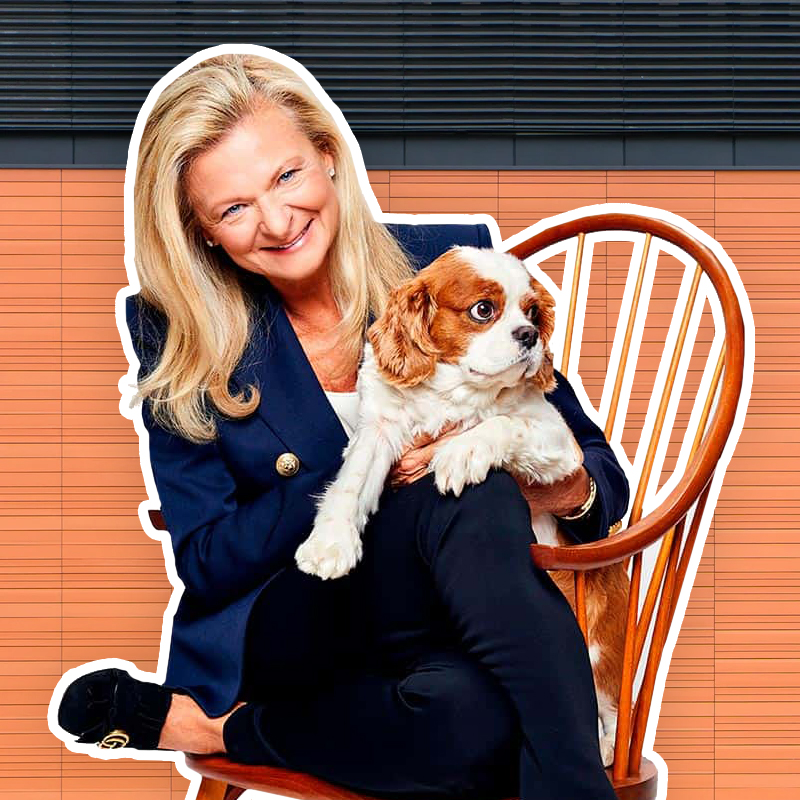
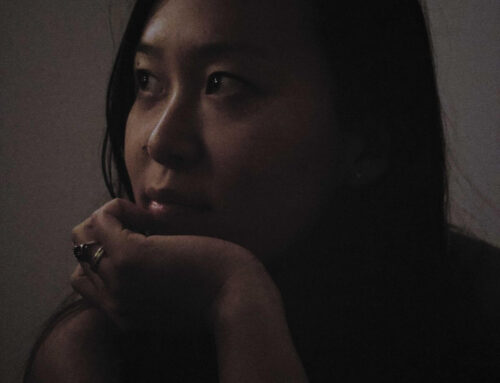
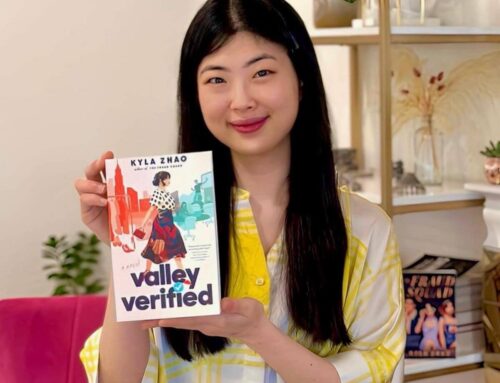
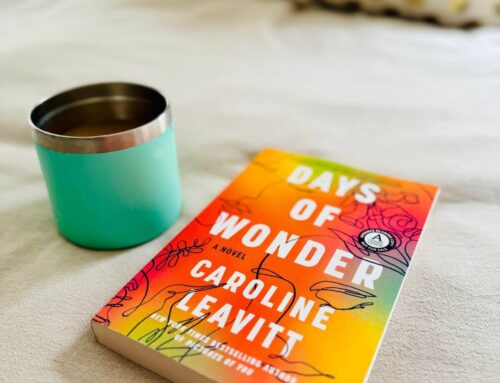
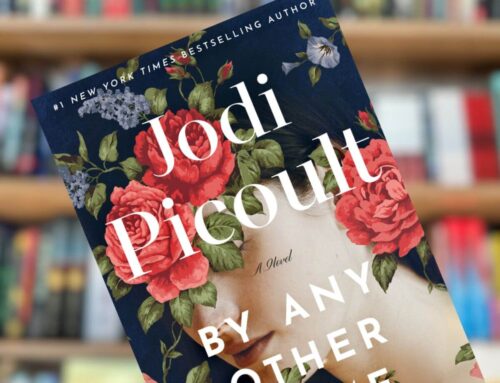
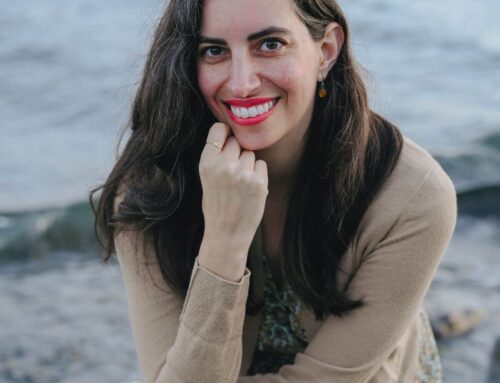
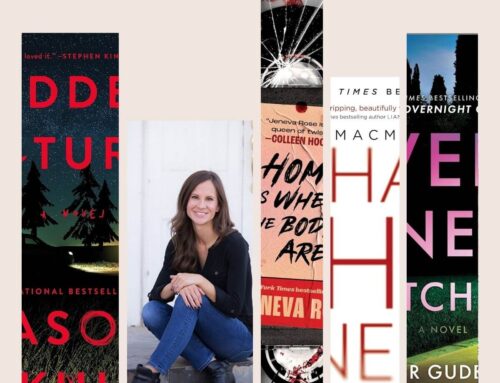
Leave A Comment